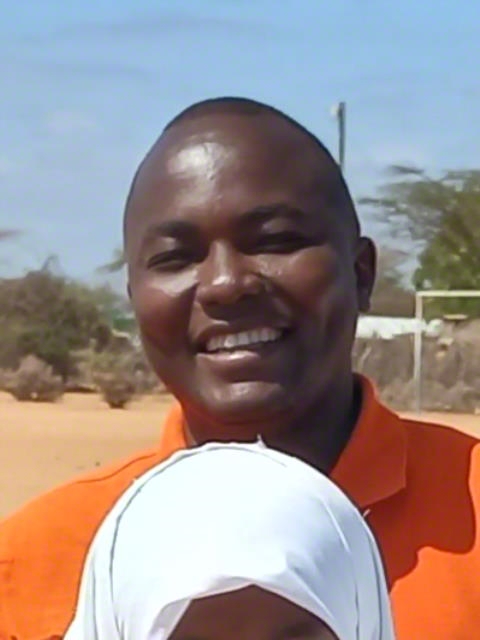Program Type
Planned Life Cycle
Location
Areas of Focus
Program Timeline
Status: Closing in 2024
- Before 2009
- 2009
- 2014
- 2019
BEFORE WE BEGIN: Assessment and design
Before 2009
With local leaders, we assess the community's needs and resources and plan projects to provide long-term solutions.
PHASE 1: Building the foundation
2009
During this phase, sponsorship and development opportunities begin.
2014
During this phase, we monitor the community’s progress and make adjustments to meet their goals. More community members become involved, lead projects and gain ownership of their success.
PHASE 3: Enhance sustainability
2019
During this phase, children and families enjoy improved living conditions as they prepare to become independent and continue the work you helped start.
3,000people participated in community-level advocacy and social accountability initiatives, including Citizens Voice and Action groups.
2,289patient consultations were provided by community health workers through projects supported by World Vision.
1,420children attended early childhood development centres.
The community of Garba Tulla has graduated
In 2024, the community transitioned from sponsorship to self-sufficiency. Because of the dedication and partnership of sponsors like you, local people and organizations have been equipped to continue leading the community’s development – and that is something to celebrate!

Program Details
With the help of your generous and loving support, life in Garba Tulla has transformed. Children and families are much stronger now. The community has met its goals, they have graduated to self-sufficiency and World Vision is leaving the community to help another one. Your support will have a lasting impact for years to come.
Context
From the field
Slide 1/10

Results
Building sustainable futures together
World Vision child sponsorship starts with understanding what is preventing children from surviving and thriving in their community. We then work with the community to bring the pieces of the puzzle together to build a better life for all children.










